New school regulations
After a well-deserved winter break, the school year resumes

Roxana Vasile, 15.01.2018, 13:00
The start of 2018 has brought about changes in the education system, which is not a novelty in itself. One after the other Education Ministers have insisted on leaving their mark on a severely underfinanced and understaffed system, with under-qualified teachers and unmotivated students. After a three-week winter break, elementary and high school children have returned to school, albeit for another three weeks, until the inter-semester break on February 2.
The second semester is set to start on February 12 and will end on June 15. Exempt from this timetable are 12 and 8 graders, who will end the school year earlier, on May 25 and June 8, respectively, so as to have time to prepare their final exams.
The Baccalaureate exam is scheduled to start on February 12 with the oral tests, while the written tests are scheduled to begin on June 25. At the same time, national tests for second, fourth and fifth graders will take place over May 7 and 24.
By the end of the current school year, the new regulations for the organization and functioning of secondary education units are due to take effect after being adopted earlier this month by Education Minister Liviu Pop. Under the new regulations, school children are no longer obliged to stand on duty, namely being exempted from attending glass to guard the school entrances and sound the break. Moreover, students are no longer compelled to wear a uniform, seeing that some parents cannot afford to buy one. However, students must turn in their cell phones at the start of the class, to be stored in a special place. Implementing this measure might also help curb cheating. The only exception as to when teachers can give their consent for students using their cellphones in class is when cellphones are actually part of the education process or in cases of emergency.
Test results may no longer be used as a means of coercion, given that part of the teaching staff still use the grade-book as leverage for coercing students into behaving, for instance. In addition, students with medical exemption from sports can now be assigned administrative tasks in line with their medical recommendations so as to better integrate them. Finally, teachers are compelled to use only those support-teaching resources approved by the Ministry and selected by parents.(Translated by V. Palcu, edited by D. Vijeu)






























